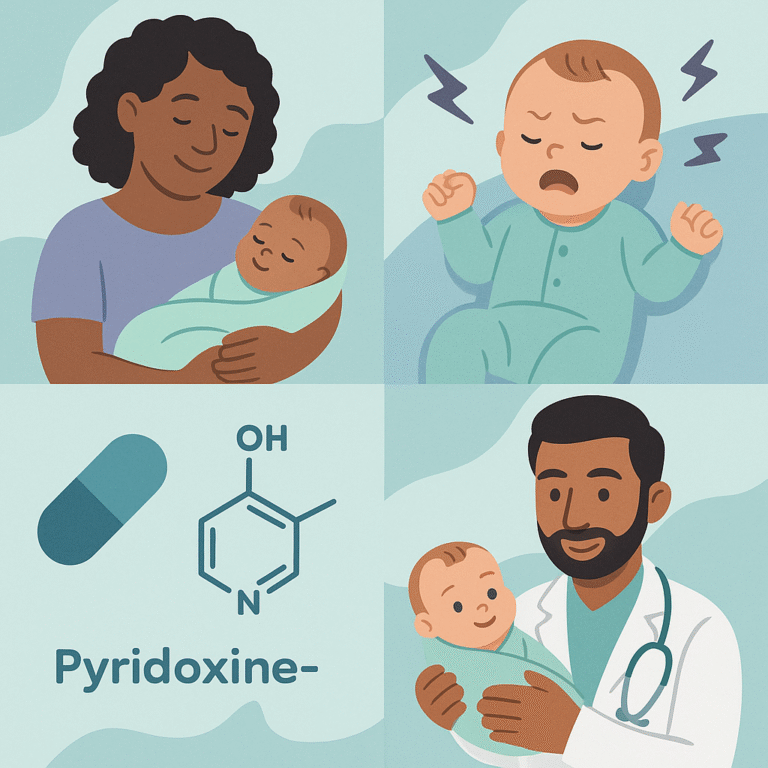Levetiracetam as First Choice Treatment for Non-Convulsive Status Epilepticus
Summary
Researchers investigated the use of intravenous (i/v) levetiracetam (LEV) as a first-line treatment for patients experiencing non-convulsive status epilepticus (NCSE), a serious condition where seizures occur without noticeable convulsions. The study involved patients in intensive care units (ICUs) who were often dealing with multiple health issues and taking various medications. The goal was to see if i/v LEV could be a safer and more effective option compared to traditional treatments like benzodiazepines.
The main finding of the study suggests that i/v LEV could be a promising first-line treatment for NCSE. It was found to be well-tolerated, with only slight drowsiness reported as a side effect, which is much less severe than the sedation caused by benzodiazepines. This means that patients could still undergo neurological assessments while receiving treatment, which is crucial for their care. The researchers believe that i/v LEV may be particularly beneficial for patients with other serious health conditions or those on multiple medications.
This research is important because it highlights a potential new approach to treating a life-threatening condition. However, it is essential to note that this study is still in the early stages and involved a small number of patients. More extensive studies are needed to confirm the findings and ensure that i/v LEV is safe and effective for broader use in treating NCSE.
Related reading
- Levetiracetam or Phenobarbital for Seizures in Children
- Levetiracetam May Cause Obsessive-Compulsive Disorder in Epilepsy Patients
- Research Trends in Pediatric Epilepsy Treatment From 2005 to 2025
- Vagus Nerve Stimulation Device Linked to Heart Issues
- Sleep Issues Worsen Attention Problems in Temporal Lobe Epilepsy
- Understanding Breathing Changes During Seizures and Their Risks
Free: Seizure First Aid Quick Guide (PDF)
Plus one plain-language weekly digest of new epilepsy research.
Unsubscribe anytime. No medical advice.





